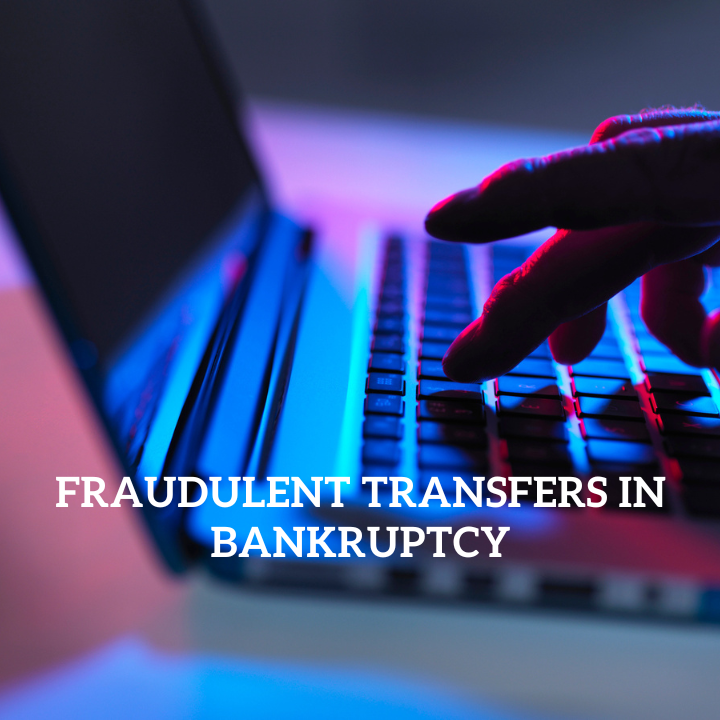
Some bankruptcy filers attempt to shield some of their assets by transferring them to other people. They give away assets or sell them at nominal prices to family members, or friends. Unfortunately, moving assets around shortly before filing for bankruptcy can be deemed fraudulent transfers or fraudulent conveyances. They can be discovered and undone by the bankruptcy trustee, which can greatly complicate your case in the process.
There are two types of fraudulent transfers in Georgia bankruptcy: actual fraud and constructive fraud.
Actual fraud occurs when a debtor sells, gives away or otherwise disposes of an asset with the intent of keeping that asset out of the reach of creditors. For example, the debtor might have a car loan and, before filing bankruptcy, sells the car with no intention of using the money to pay back the loan. Or the debtor obtains credit cards and runs up large balances knowing that he or she is about to file for Chapter 7.
Since intention is difficult to identify, bankruptcy trustees look for “badges of fraud,” which are factors that tend to show that a debtor was trying to cheat the creditor. Some common badges of fraud are:
- Transferring assets to a family member or friend
- Transferring title to someone else but continuing to use the asset yourself
- Performing a transfer through unusual means
- Transferring so much property that you become insolvent
- Failing to disclose a transfer in your bankruptcy paperwork
Constructive fraud differs in that it does not require proving intent to deceive. It simply means transferring property to someone, usually a family member, for less than the item is worth. For example, you have a car that you know is worth $10,000, but you sell it to your nephew for $2,000 so he can have it as his first car. At the time of the sale, you weren’t thinking about filing for bankruptcy, but a few months later you fell on hard times and decided to file. In this case, because the sale was for far less than market value, the trustee could attempt to undo the transfer, get the car back, and sell it at market value to repay your creditors.
Trustees normally review all transfers made within the two years prior to a bankruptcy filing. Georgia, however, has adopted the Uniform Voidable Transfers Act, which allows trustees to look back as long as four years.
If a fraudulent transfer is identified, the trustee has a duty to get the property back so it can be sold and the proceeds paid to creditors. This may require the trustee to file an adversary proceeding, which is a lawsuit against the person to whom you transferred the property.
Don’t let fraudulent transfers make your bankruptcy more painful. Call Jeff Field & Associates for advice. To schedule a consultation with an experienced Georgia bankruptcy lawyer, please call 404-381-1278 or contact us online. We have offices in Athens, Douglasville, Gainesville, Lawrenceville, Marietta and Scottdale.
Please fill out the form below and one of our attorneys will contact you.





